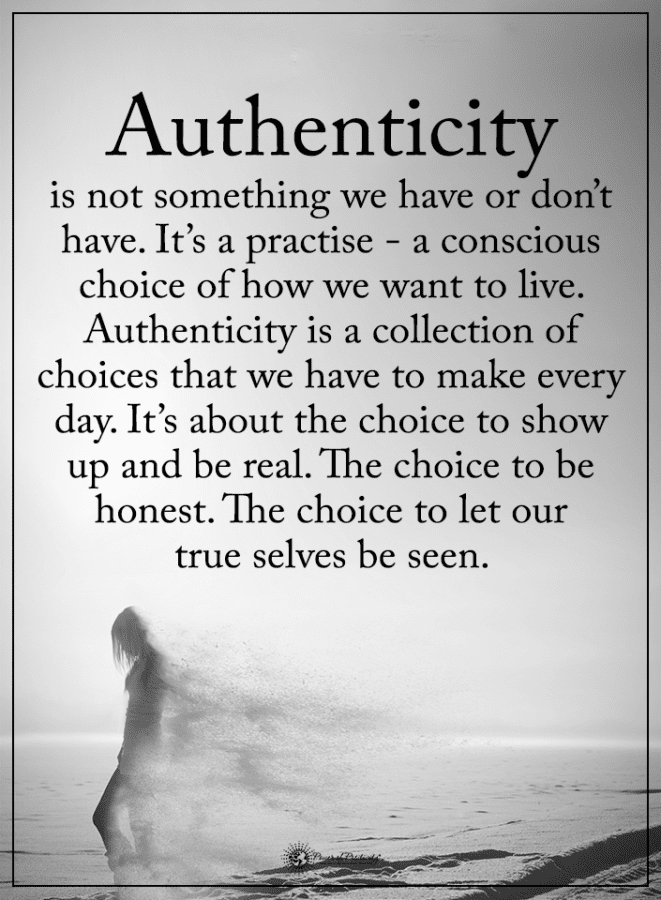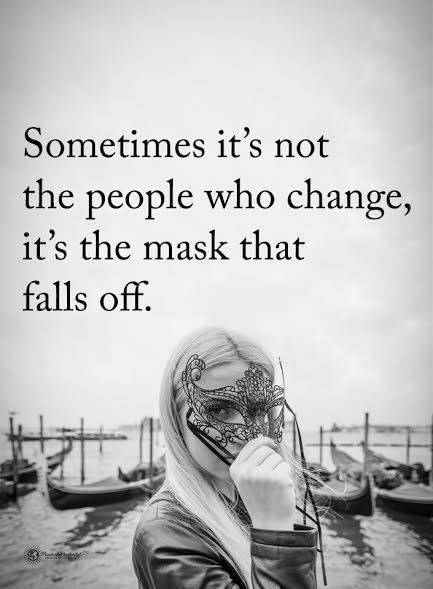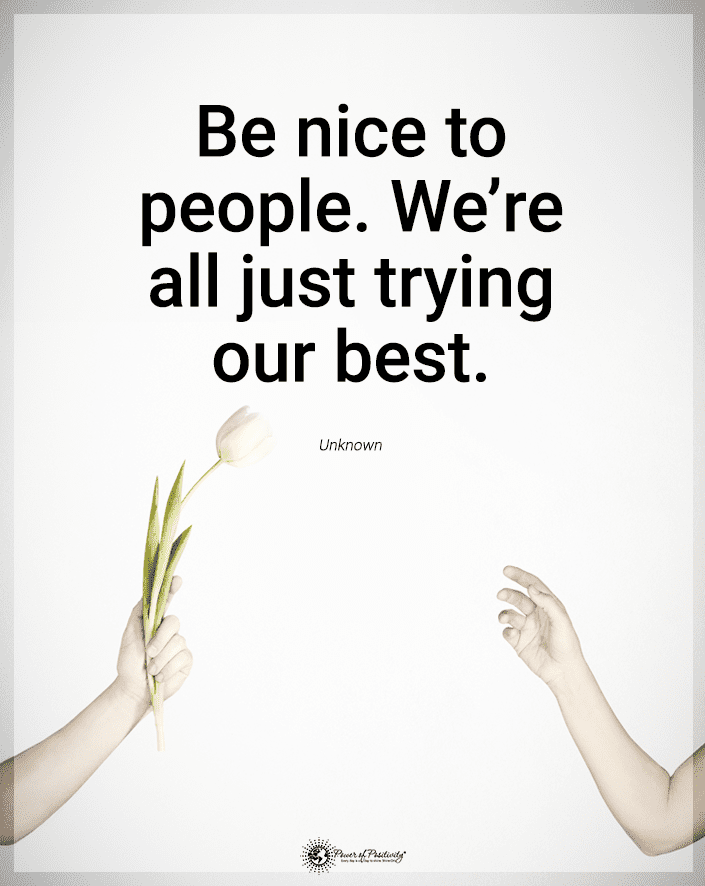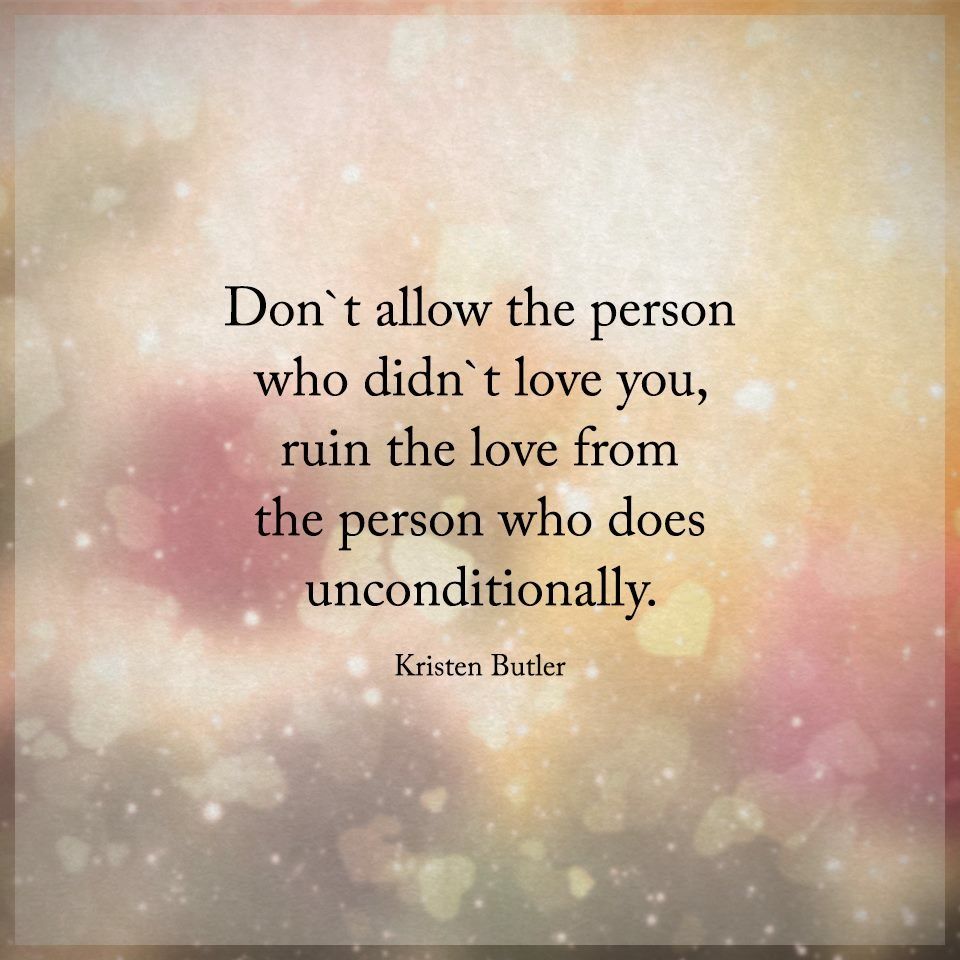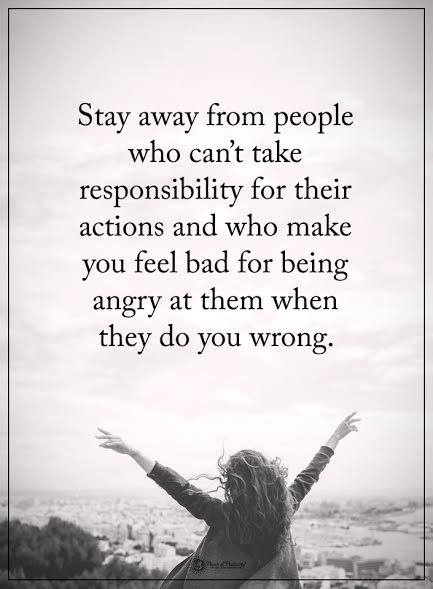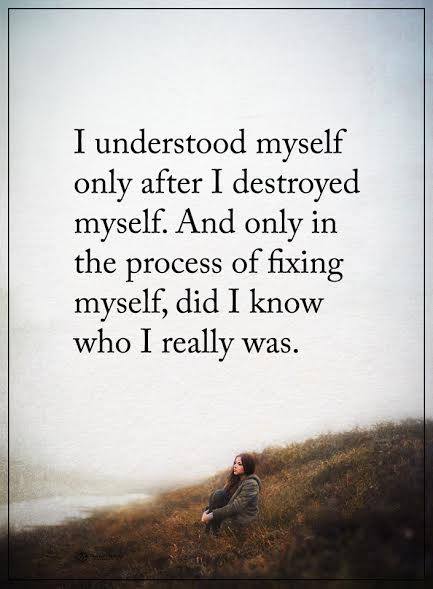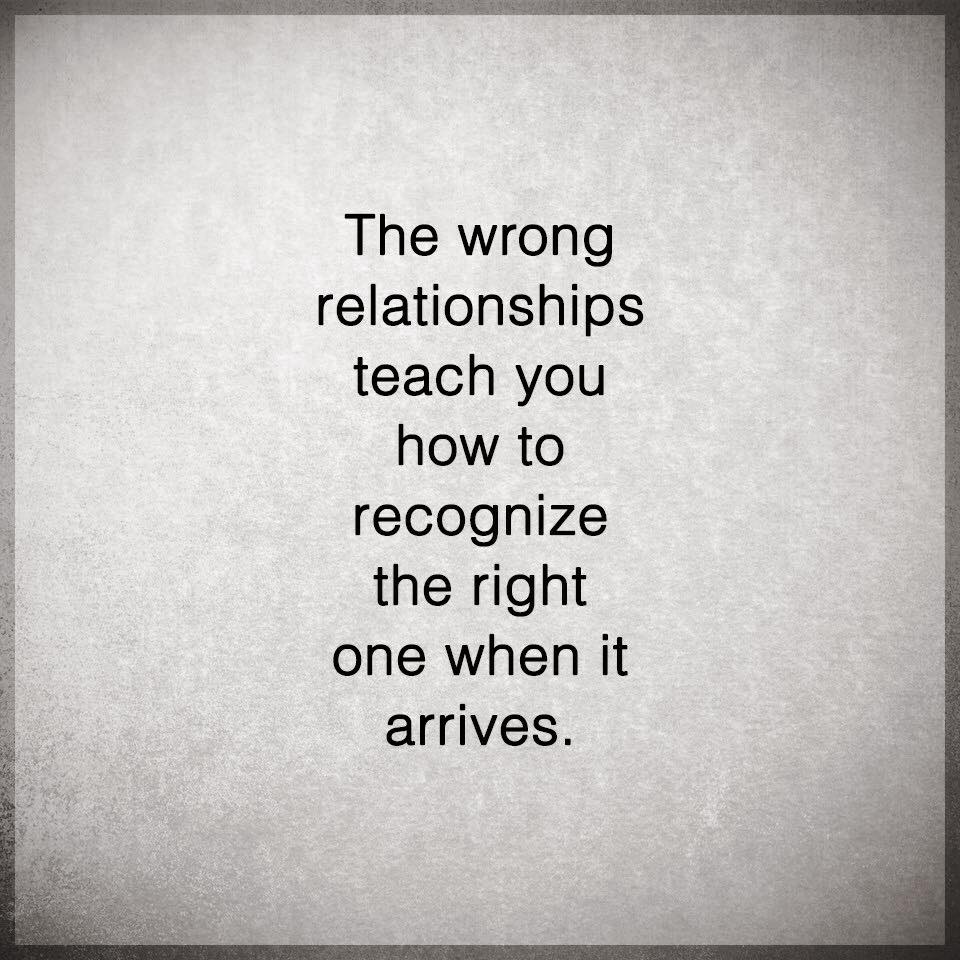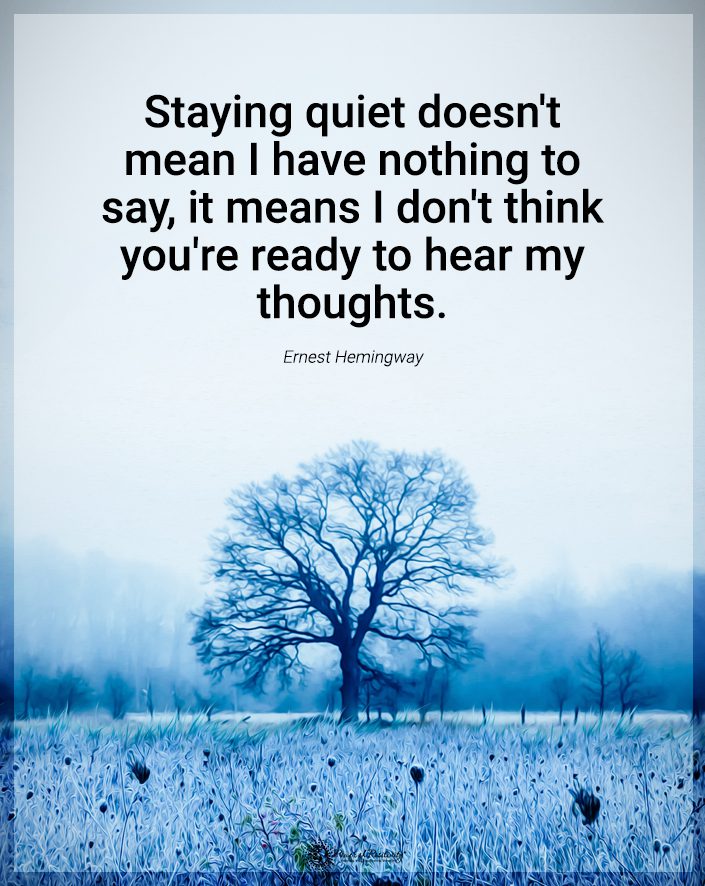As you might already know by now, losing weight is mostly a mental game. Our minds give out much faster than our bodies ever will, so we must be mindful of our self-talk so that we don’t sabotage our own weight loss efforts before we even begin. With that said, there are certain things you should never tell yourself on your weight loss journey, simply because you’ll psyche yourself out before you have even tried to lose weight.
Here are 5 things to never tell yourself if you want to lose weight:
1. I’ll never be able to get down to my ideal weight
If you want to lose weight, never say never. This sentence is so easy to say, because if you are still struggling to lose weight, then it feels true. However, this sentence is only true, because you believe it is true. Restate this sentence more positively instead – for example ‘Even though I haven’t yet achieved my ideal weight of ____ pounds, I know that I am capable of anything that I really put my heart and mind to.’
In other words, if losing weight was the most important thing in the world to you, you’d be doing it. It is possible that in the future you will achieve your ideal weight, so if you want to lose weight, never say that you’ll never get there.
2. I don’t have time to exercise.
This sentence is about a failure to prioritize your time more than it is about not being able to exercise. Again, if you make it a priority and discipline yourself, you will make the time to exercise. Find the optimal time to do it, or add it to your routine. Do glute squeezes while commuting. Do leg lifts while brushing your teeth.
3. My slow metabolism is what keeps me from losing weight
Be totally honest with yourself now, is this sentence helping you lose weight? Challenge this belief by saying this sentence as a question: “What is keeping me from losing weight?” Blaming your body, or a diagnosis that you or a medical ‘professional’ gave you might be keeping you from losing weight.
In other words, a diagnosis of ‘slow metabolism,’ no matter where it came from, is the excuse that you can use to assign blame for not losing weight. Ask yourself if you are using this as an excuse. Do you regularly eat healthy, nourishing, organic foods in balanced nutrition and exercise regularly and long enough to increase your heart rate and oxygen consumption? If not, then metabolism is not your problem.

4. Other people are sabotaging my weight loss efforts.
No one is forcing you to eat the Doritos that they bought in bulk. No one put your hand in the bag and put it in your mouth. Yes, the fact that you, and you alone, are the only person responsible for your weight gain or loss is a hard fact to swallow, but it is true.
Researchers studying the role of social support or sabotage for weight loss found that the perception of support is helpful for weight loss. Blaming another person for your inability to lose weight doesn’t help your situation at all. Likely, it also makes someone else resent that you blame them for your inability to control yourself around foods that you crave. Assume that your friends have the best intentions, which is to help you lose weight.
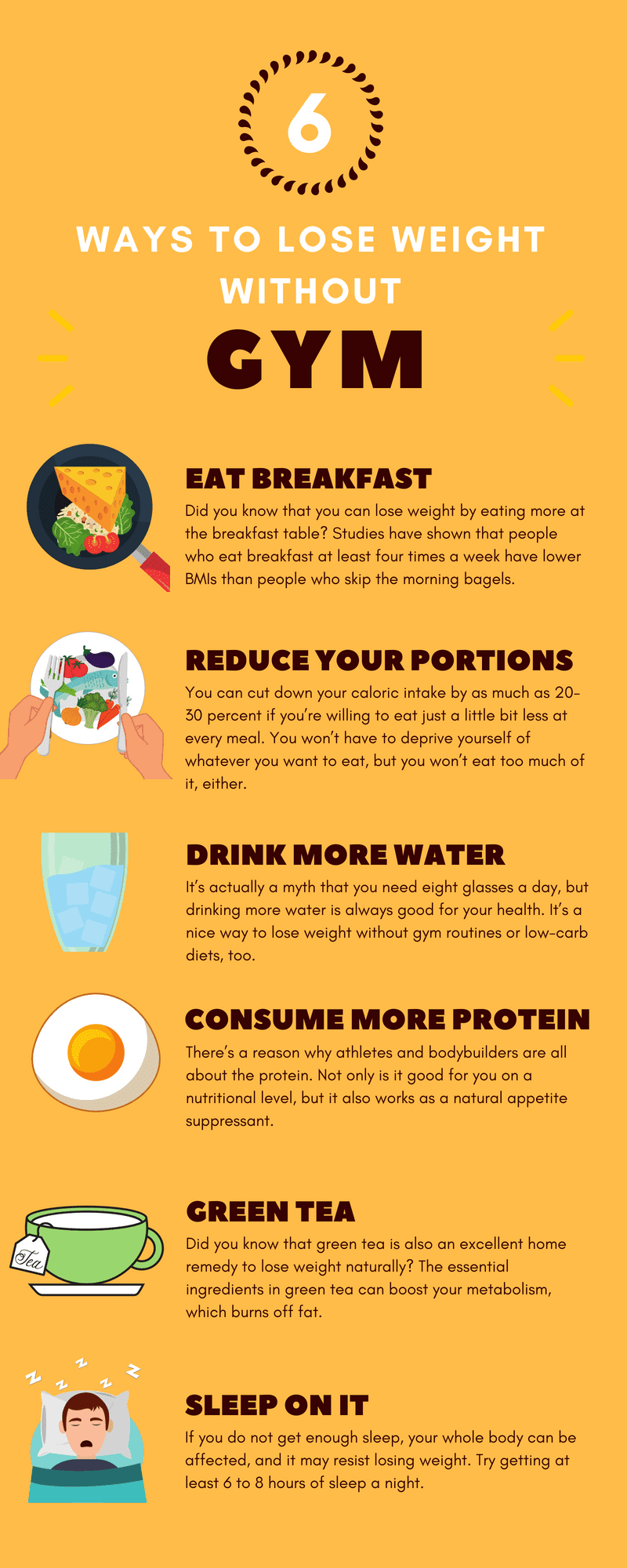
5. I don’t have the energy to exercise.
It is definitely possible to feel this way after a long day of work or your average running-around. However, people who are successful at losing weight know that they have to know themselves first. For example, the author knows that her energy is highest in the morning up to 10:00am. Know your own ‘best’ time of day and plan your exercise around that.
Get plenty of sleep to avoid exhaustion if you want to lose weight. Research shows that sleep deprivation can lead us to make poor choices about food and our health, which can lead to weight gain. A study published by the National Academy of Sciences found “that increased food intake during insufficient sleep is a physiological adaptation to provide energy needed to sustain additional wakefulness; yet when food is easily accessible, intake surpasses that needed.” Researchers also found that when people were able to get a good night’s sleep, they reduced intake of fat and carbohydrates and lost weight.

